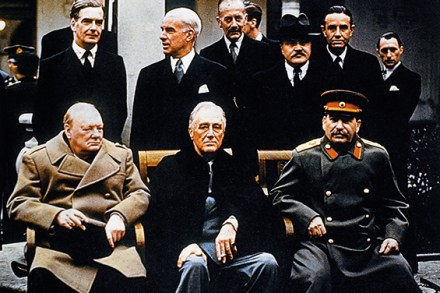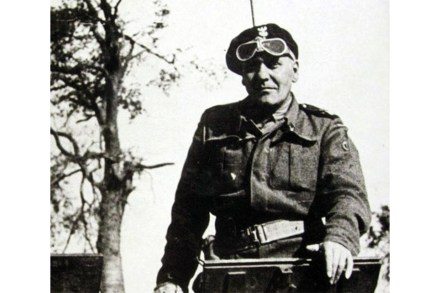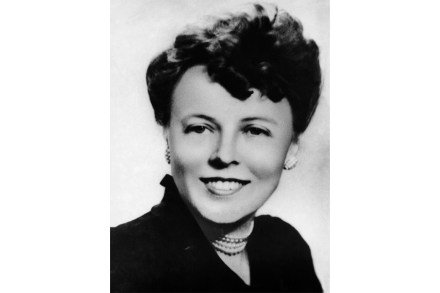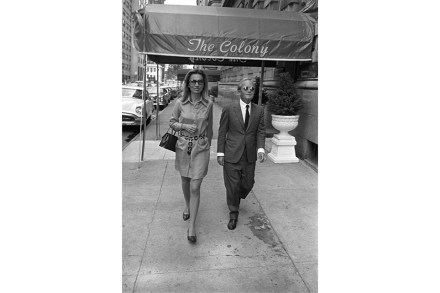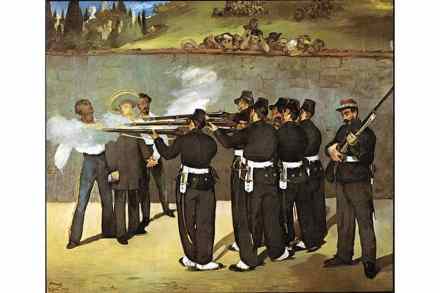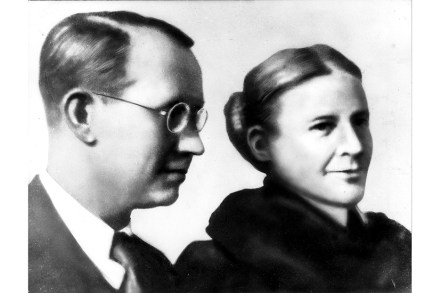Whether adored or despised, Princess Diana is never forgotten
What happened to the condolence books? They swiftly multiplied, that mad week in September 1997. The original four at St James’s Palace had to be increased to more than 40. People queued for hours and often spent many minutes composing their contributions. That’s not even to mention the thousands of similar books organised by councils, embassies and private businesses. The official set were ‘offered’ to the Spencer family. Perhaps they are at Althorp. Edward White’s Dianaworld, about the phenomenon of the former Princess of Wales, shows an indefatigable resourcefulness. It is not really about the woman herself but about the effect she had on people who never laid eyes on


